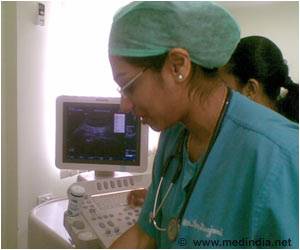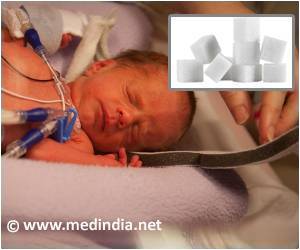Experts recommend that by distracting yourself from pain it can in fact help you hurt less.

Moreover, when participants were given a placebo "pain relief" cream, and distracted at the same time, their pain was even more reduced.
"Both placebo and distraction are effective mechanisms for reducing pain. You can combine them and you don't lose anything," said study researcher Jason Buhle, who conducted the research as part of his doctoral dissertation from Columbia University.
The work sheds light on how the placebo effect may work, Buhle said.
Previously, it had been thought that the placebo effect was the result of some - perhaps unconscious - mental effort, but the new results suggest that it relies on a separate mechanism from distraction.
What the researchers found was that the placebo cream and the distracting test both had lessened the participants' pain, but distraction made for a much more effective pain reliever.
Advertisement
"Sometimes they won't even feel the pain... It is striking to see."
Advertisement
Calling the findings "intriguing," Dr. Ian Cook, director of the UCLA Depression Research and Clinic Program, said the study helps point to a new path for non-drug treatments for pain.
It would be interesting to see the effect of distraction on other conditions where the placebo effect has shown an impact, such as anxiety, Cook said.
The study was recently published in the journal Psychological Science.
Source-ANI









